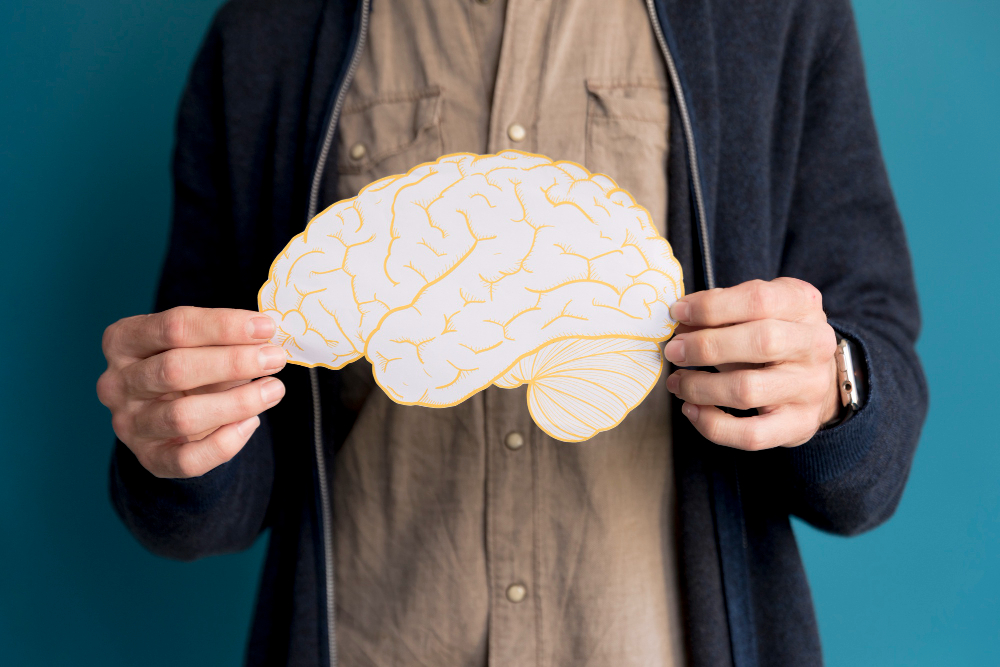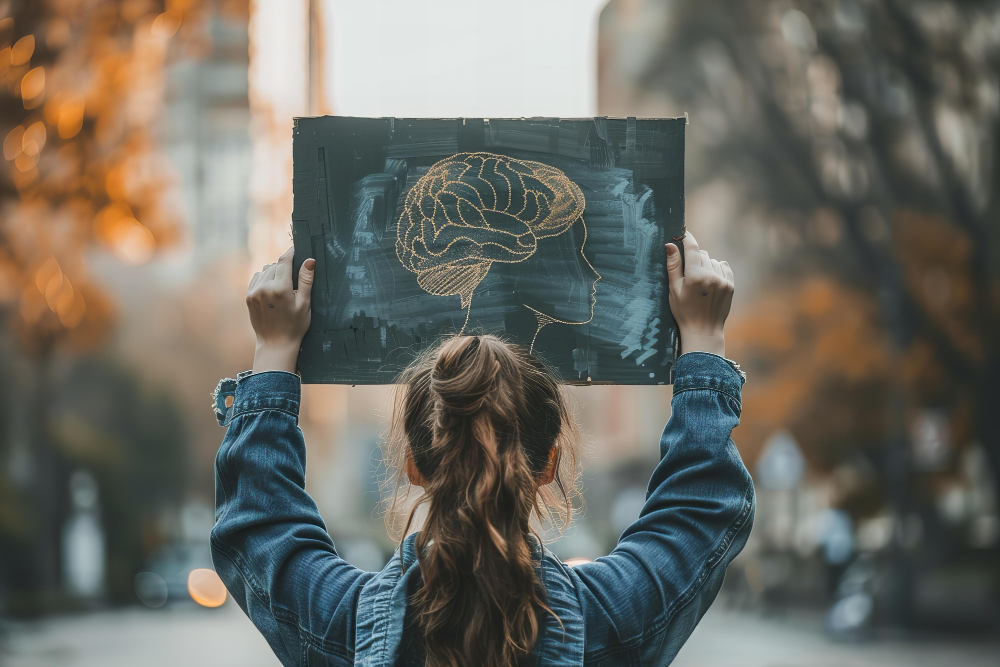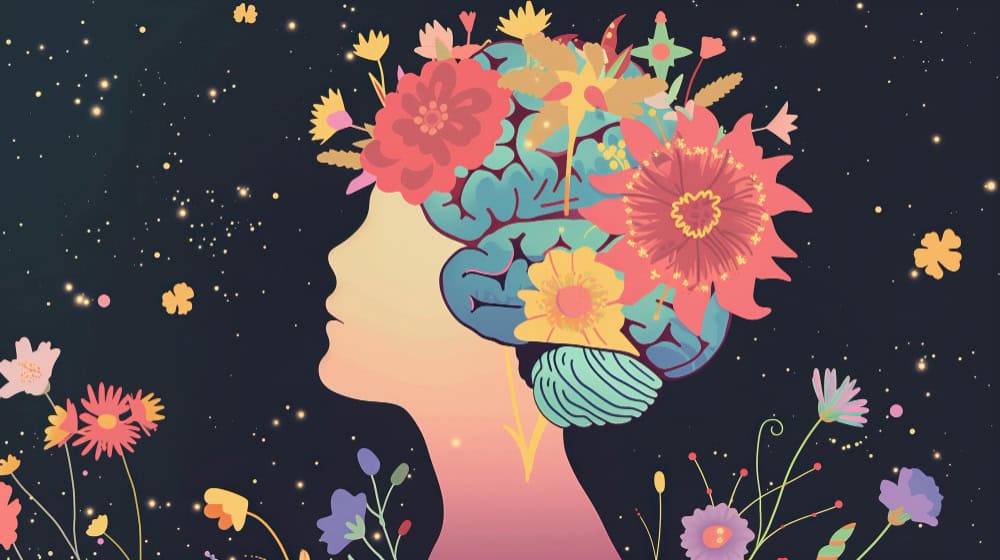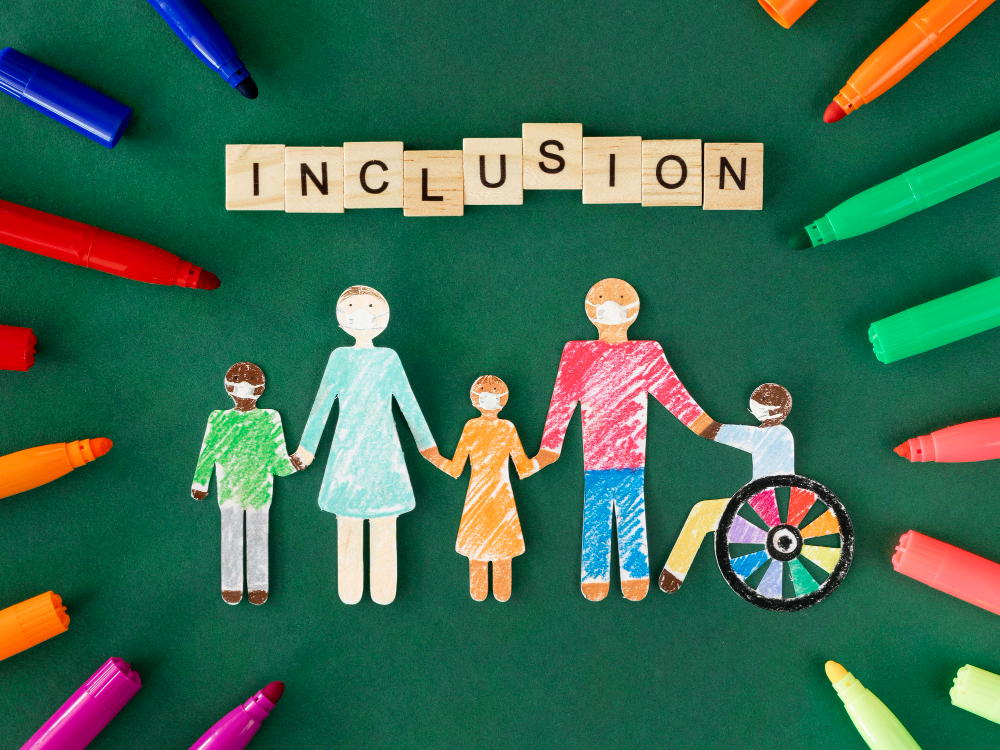- Anger
- Anxiety
- Career
- Couple and Marriage
- Depression
- Grief and Loss
- Relationships
- Self-Esteem
- Shame and Guilt
- Trauma
- Stress
- Men’s Issues

The purpose of this self-help program is to help you learn how to foster greater meaning, structure, happiness, confidence, and peace of mind in life.

A good first step is to learn about how the brain works so that you can better influence your mind.

The purpose of learning about the different facets of mind is so that you can better identify what your needs and core beliefs are in order to change them or better cope.

There are some basic techniques that can help to get into an optimal state of mind for implementing the various tools in this program.

The purpose of this section about is to help you learn how keep your brain, mind, and body in a responsive state instead of a reactive mode.

Learn concepts about your existential importance, contemplation, meditation, constructive communication, and precepts for daily life.

The way to change your automatic beliefs is through more adaptive experiences – not solely thinking – but involving action, a situational context, thinking, relational, and emotional aspects.

This section provides a complete experiential exercise template for how to change implicit memory.

This section teaches how to foster self-differentiation from what was internalized into your sense of self during early development.

In this part you will learn how to change unhelpful core beliefs that are not based in reality to ones that are empowering and based on your current qualities, supports, options, capabilities, and resources (as opposed to maladaptive ones formed during development, for example).

This chapter provides the tools to assist you when changing implicit memory is not a question of what is realistic, but instead a question of what is a more helpful and constructive belief that you would like to cultivate.

If there is a problem you are facing in life that is not related to individuation and core beliefs, then learning thinking skills and problem-solving techniques can be invaluable to help overcome adversity.